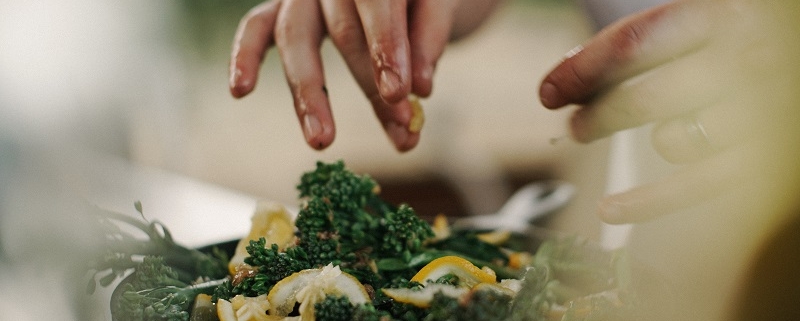How to Increase Your Insulin Sensitivity
Until recently, I had not heard of Insulin Sensitivity. I had heard of Insulin Resistance. Insulin Resistance means your body can’t respond properly to the insulin it makes. Insulin can’t enter the cells and over time this increases blood sugar levels; eventually leading to type 2 Diabetes.
Insulin Sensitivity is the degree to which the body’s cells respond to insulin, allowing the cells to use blood glucose more effectively, reducing blood sugar and therefore, reducing the risk of type 2 diabetes.
We WANT to improve our insulin sensitivity!
How does one improve their insulin sensitivity? In his blog, “14 Natural Ways to Improve Your Insulin Sensitivity,” Ryan Raman, MS, RD (Healthline) provides some very simple but promising methods for decreasing our risk of type 2 diabetes. Here is his list (with my thoughts):
1. Get More Sleep.
I keep seeing this more and more. Poor sleep is connected to many ailments. Do some things to improve your sleep hygiene. I wrote a blog in January 2019 about sleep.
2. Exercise More.
You are preaching to the choir, Ryan. A friend of mine called me up and wants to join me on a hike tomorrow morning. He gets it. Exercise improves your cardio endurance, muscle strength, muscle endurance, body composition, flexibility, AND it improves your insulin sensitivity.
3. Reduce Stress.
I wrote a blog on stress in August 2018, “Chronic Stress is Bad.” I use Mindfulness Practices with most of my clients. Stress increases cortisol production which increases blood sugars. You get the picture.
4. Lose a Few Pounds.
I am a Certified Health Coach and through the process of getting certified learned a lot of things. I learned that body fat produces hormones that promote insulin resistance. Lose some weight and you can increase your insulin sensitivity.
5. Eat More Soluble Fiber.
Two words: Fruits and Vegetables.
6. Eat More Colorful Fruit and Vegetables.
A study in 2016 demonstrated that eating apples could increase insulin sensitivity.
7. Add Herbs and Spices to Your Cooking.
Raman mentions that ginger has a component that makes sugar receptors on muscle cells more available, increasing sugar uptake.
8. Add a Pinch of Cinnamon.
I like cinnamon and it helps by making muscle cells become more available and efficient at transporting sugar into cells.
9. Drink More Green Tea.
I hear a lot about Green Tea. What’s not to like? I’m always looking forward to a replacement for coffee.
10. Apple Cider Vinegar.
I read a lot about ACV. I keep a bottle of ACV in my kitchen. My cabinet is also full of probiotics and has its own Scoby. You know what I mean if you make your own Kombucha.
11. Cut Down on Refined Carbohydrates.
He’s not taking about sugar. He mentions it later. He’s talking about foods that are high on the Glycemic Index and Glycemic Load index. This would include refined flour, and most packaged foods. They trigger an insulin response and increase insulin resistance.
12. Avoid Trans Fats.
Raman points out that they provide no health benefit and increase the risk of many diseases.
13. Stop Eating Added Sugar.
I have written a recent blog about added sugar. It doesn’t take a lot to add up over the course of a few years. I jokingly talk about the “2-3 Pounder a Year Club.” That’s when you slowly, imperceptibly gain 2 or 3 pounds a year. In ten years, you’ve gained 20 or 30 pounds without noticing until it’s too late. That’s what added sugar is doing to us!
14. Try a Supplement.
Nutritional and Medical Disclaimer for True North Counseling, LLC
In viewing this website (and blog), it is assumed that you understand and acknowledge that the services and information, provided by True North Counseling, LLC may involve recommendation to improve your general health, fitness and well-being, including nutrition/diet advice and suggestions for physical activity. In accepting this information, understand that it is under your best discretion to be respectful to your body when engaging in physical activity and/or changing dietary habits. It is recommended to consult with your primary physician before starting any new/recent exercise or eating routine and to get annual check-ups to assess current health and fitness status. Do not overlook the importance of having a team-approach when health is involved. Regular visits with both your physician and registered dietitian will allow you to create the best possible, balanced approach in meeting health and performance/fitness goals.













